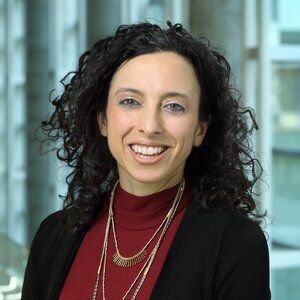Guest Episode
Training principles for mass and strength, changing views on nutrition, creatine supplementation, and more
Ep. #235 with Layne Norton, Ph.D.
AMA
Optimizing sleep - bedtime routine, molecule regimen, sleep trackers, sauna, & more
Ep. #233 (AMA #42)
Guest Episode
Shoulder, elbow, wrist, and hand: diagnosis, treatment, and surgery of the upper extremities
Ep. #232 with Alton Barron, M.D.
Guest Episode
Cardiovascular disease in women: prevention, risk factors, lipids, and more
Ep. #230 with Erin Michos, M.D.
Guest Episode
Improving body composition, female-specific training principles, and overcoming an eating disorder
Ep. #228 with Holly Baxter, APD
AMA
Body composition, protein, time-restricted feeding, fasting, DEXA scans, and more
Ep. #227 (AMA #40)
Guest Episode
The comfort crisis, doing hard things, rucking, and more
Ep. #225 with Michael Easter, MA
Guest Episode
Dietary protein: amount needed, ideal timing, quality, and more
Ep. #224 with Don Layman, Ph.D.
Guest Episode
Ketamine: Benefits, risks, and promising therapeutic potential
Ep. #220 with Celia Morgan, Ph.D.
Guest Episode
Dialectical behavior therapy (DBT): skills for overcoming depression, emotional dysregulation, and more
Ep. #219 with Shireen Rizvi, Ph.D., ABPP
























